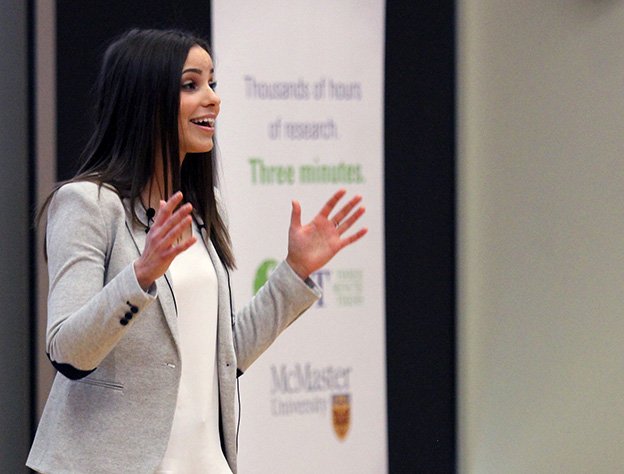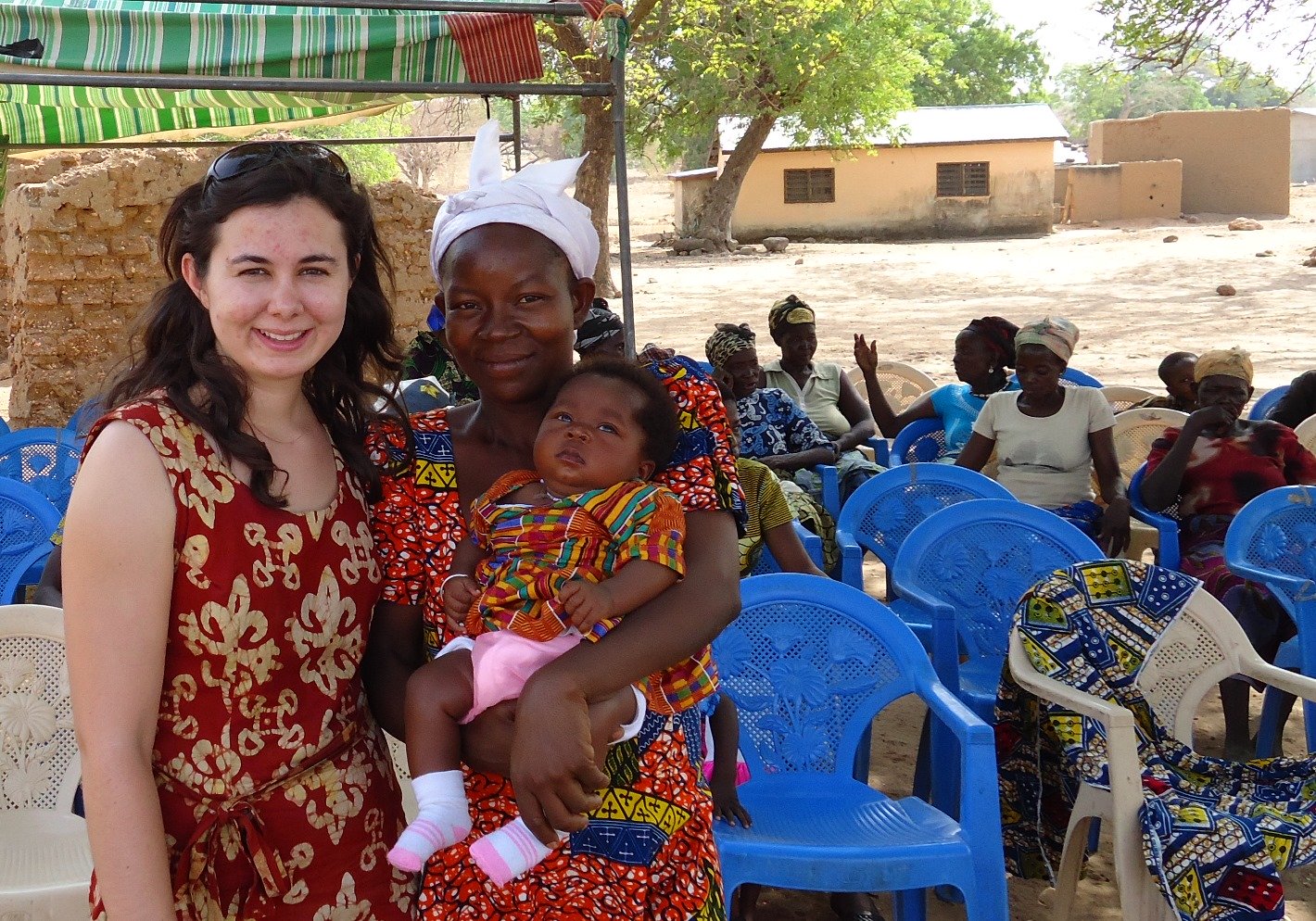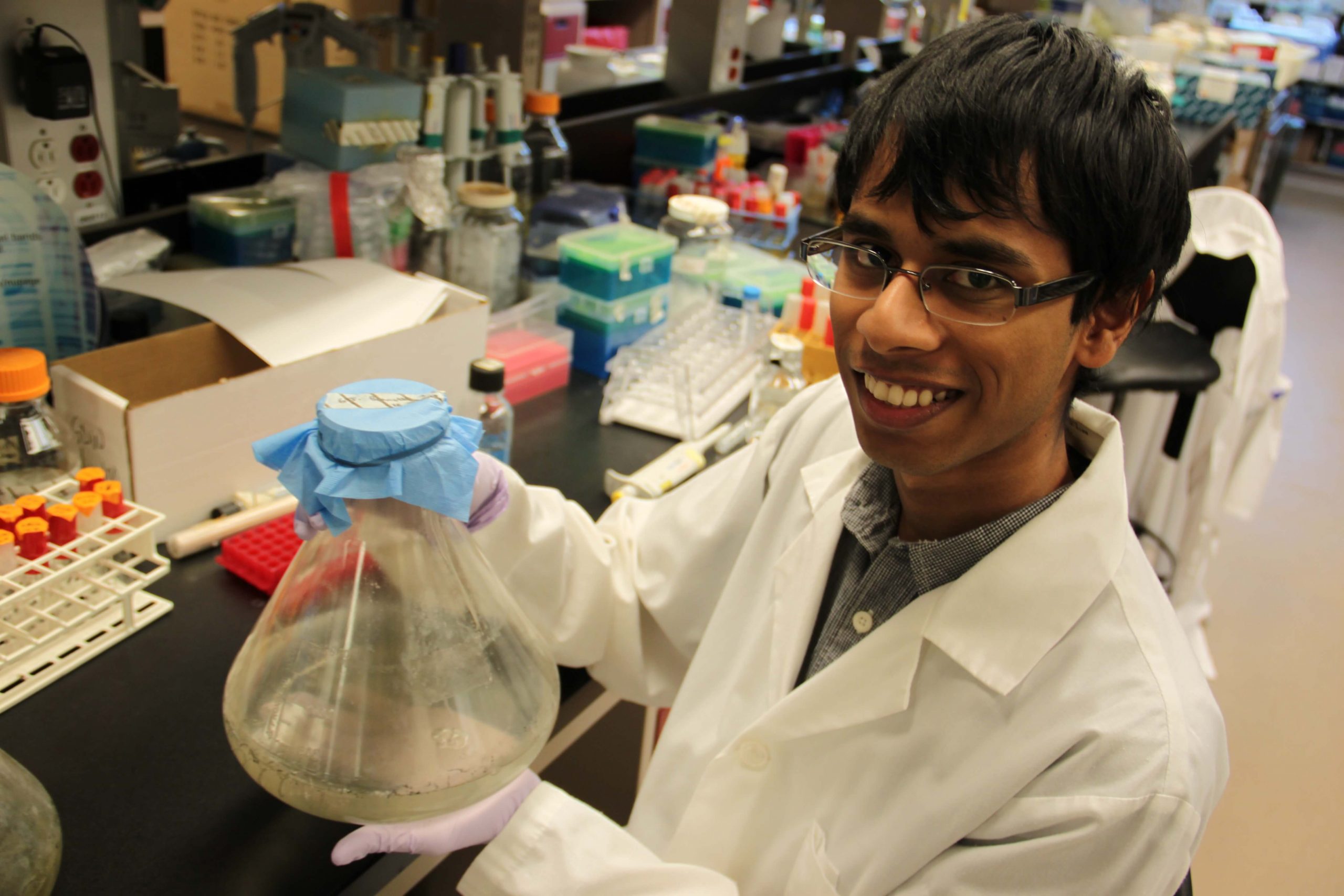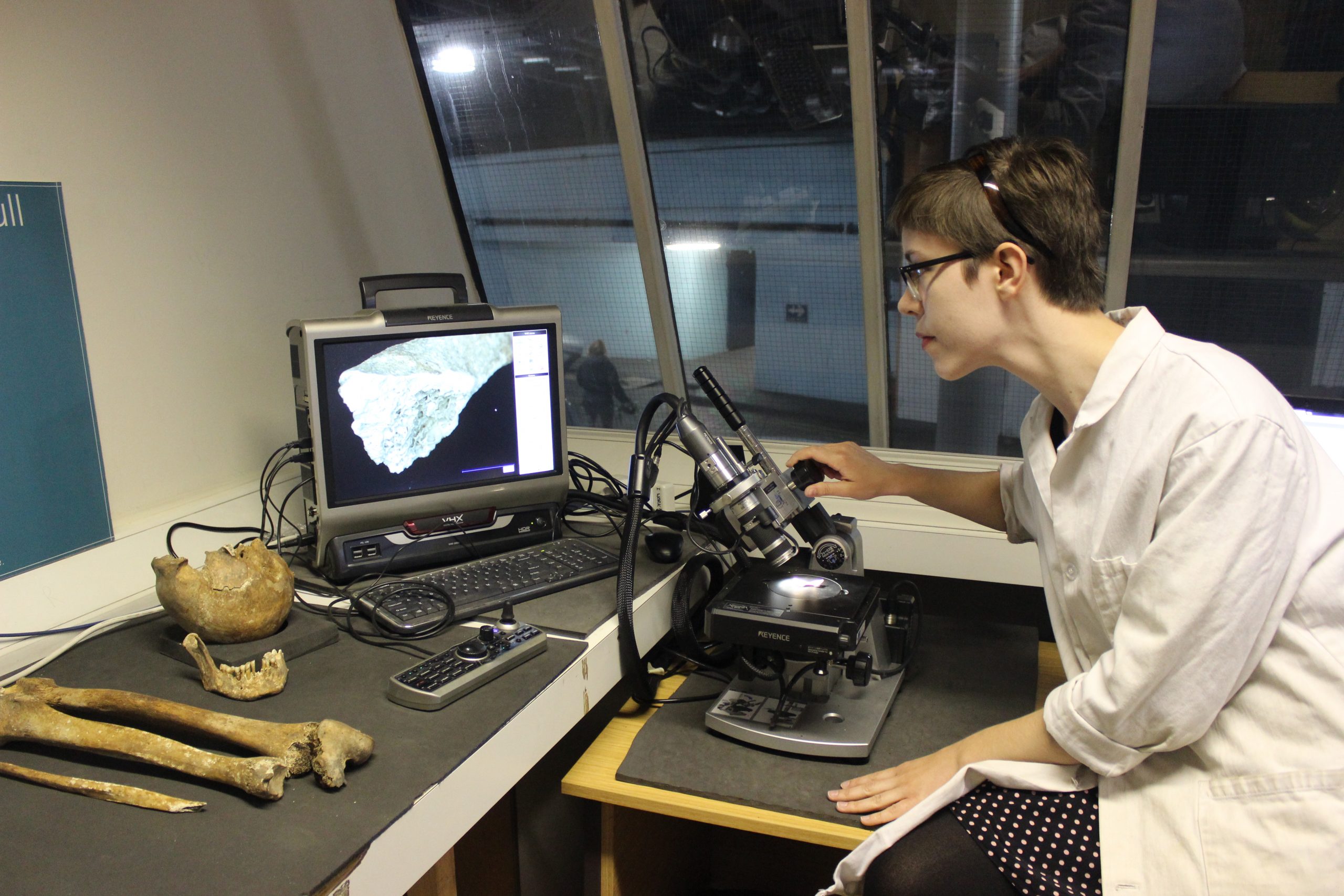Research

Sharing complex research in 3 minutes flat
Graduate student Ana Kovacevic represented McMaster University at the Ontario Provincial Three Minute Thesis Competition.
Kovacevic took first place at the 4th Annual McMaster Three Minute Thesis Competition, a university-wide event for graduate students to share their research – and its broader impact – in three minutes or less, using only one static slide.
Her presentation, Stepping into a Healthy Mind, focuses on the kinesiology student’s Masters research – examining the relationship between exercise and mental acuity as we age.

Field research in northern Ghana
“Mac has such a great community of donors,” says Lauren Wallace, who is working on her PhD in medical anthropology, studying family planning in northern Ghana. Thanks to her fellowship – established in 1979 by a bequest from the estate of physician and philanthropist Harry Lyman Hooker – Lauren spent a full year in Ghana conducting her field research.
“One of the reasons I chose McMaster was the generous support from this fellowship,” says Lauren, now also a recipient of the prestigious Vanier Canada Graduate Scholarship from the federal government.

The battle against superbugs
The front line of one of the most important battles of the 21st century is taking place in the Michael G. DeGroote Institute for Infectious Disease Research (IIDR). It’s the battle against superbugs – treatment-resistant bacteria, viruses and parasites. It’s a battle McMaster’s researchers are fighting. You can help with this battle with a gift in support of a student’s academic journey.
Gabriel Jeyasingham had the opportunity to learn from world-renowned researchers and develop hands-on, practical skills like scheduling, timelines, testing and dealing with setbacks. He was able to work in the lab for longer than his original summer placement because he was a recipient of an Undergraduate Student Research Award (USRA), which connects McMaster students to research.

Trips, falls and brawls
PhD student Madeleine Mant studies fractures in the skeletal remains of our forebears from the 18th century to learn how they lived and died. Thanks to a scholarship named in memory of renowned anthropologist Shelley Saunders, Madeleine spent an entire year in London, England, examining the bones of more than 1,000 individuals.
“It’s a complete honour to receive this scholarship named after Shelley, a leader in the field. It’s more than the money – it’s the vote of confidence that allowed me to complete my research,” says Madeleine.
(Image credit: Museum of London)

